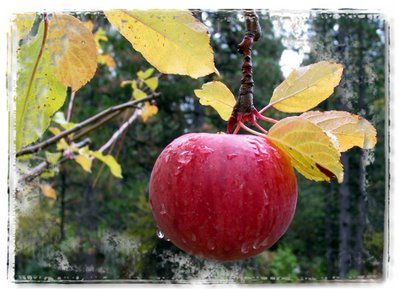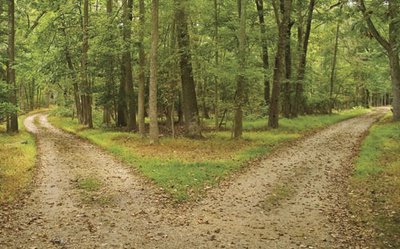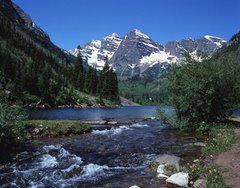to have lived on earth before sin entered the world. It would have been much different than what we experience today. The Book of Genesis gives us some hints regarding this wonderful life.
Based on the book of Genesis, and assuming that the great flood did not create a difference in geography related to the location of the Tigris and Euphrates rivers, the Garden of Eden was probably located in what is current day Iraq. It would have been lush with all type of vegetation. In the beginning "The earth was watered by springs (or "mist") which "came up from the ground and watered all the land" (Gen 2:6).
Originally the earth’s vegetation included only good plants. Man's primary responsibility in the garden was "tend and watch over it" (Gen 2:15). His position was that of a caretaker and harvester. Living would have been relaxed and free from strain. God's curse upon humanity because of sin, at the time of the fall, caused the earth to "grow thorns and thistles" (Gen 3:18). Agriculture had all at once become a battle field.
Originally people were strictly vegetarians. They ate of the fruit of the garden (Gen 2:16). After the fall God indicated to Adam that "you will eat of its grains" (Gen. 3:18). Before the flood, both domestic and wild animals, lived in harmony and at peace with humanity. When the Lord blessed Noah after the flood, meat was introduced as a food source. God stated "I have given them to you for food, just as I have given you grain and vegetables" (Gen 9:2-3).
From the beginning man was given authority over God's creation. He was commanded by the Lord to "Fill the earth and govern it" (Gen 1:28). This rulership would have been totally wise and godly — considerably different than what we see today.
Obviously, there would have been no sickness or death prior to the fall. There would have been no sadness or sorrow. These realities of life are a result of sin (Gen 3:16-19). Life as God originally intended it to be in Eden would have been constantly vital, productive and eternal in nature. In fact, when Adam and Eve were put out of the Garden, God "placed a flaming sword that flashed back and forth to guard the way to the tree of life" (Gen 3:24) so that they would not be able to eat the fruit that would give them eternal life.
There was one other special thing about life on earth before the fall. God regularly visited Adam and Eve in the Garden. He would have wanted to spend considerable time with his special creation. Why else would he have made them in him image? We can't even begin to imagine the things God told them during those wonderful visits. On the day of the fall God (the pre-incarnate Christ) came to visit "When the cool evening breezes were blowing, (they) heard the Lord God walking about in the garden"(Gen 3:8). This may have been a daily routine.
Today, God does not come in a bodily form to meet with his children. However, we still have the privilege of meeting with the Lord God daily by means of prayer and Bible study. Through these meetings with God we can get to know him in ways that will pay eternal dividends.
Copyright. Bruce August 2006
Note: All quotes taken from the New Living Translation Second Edition.




